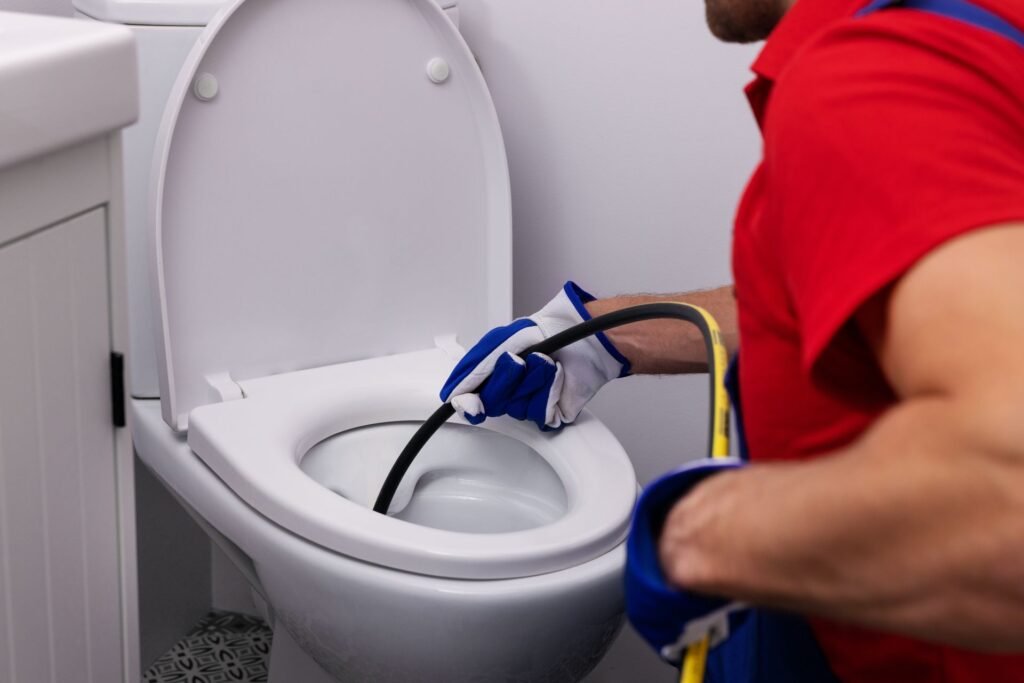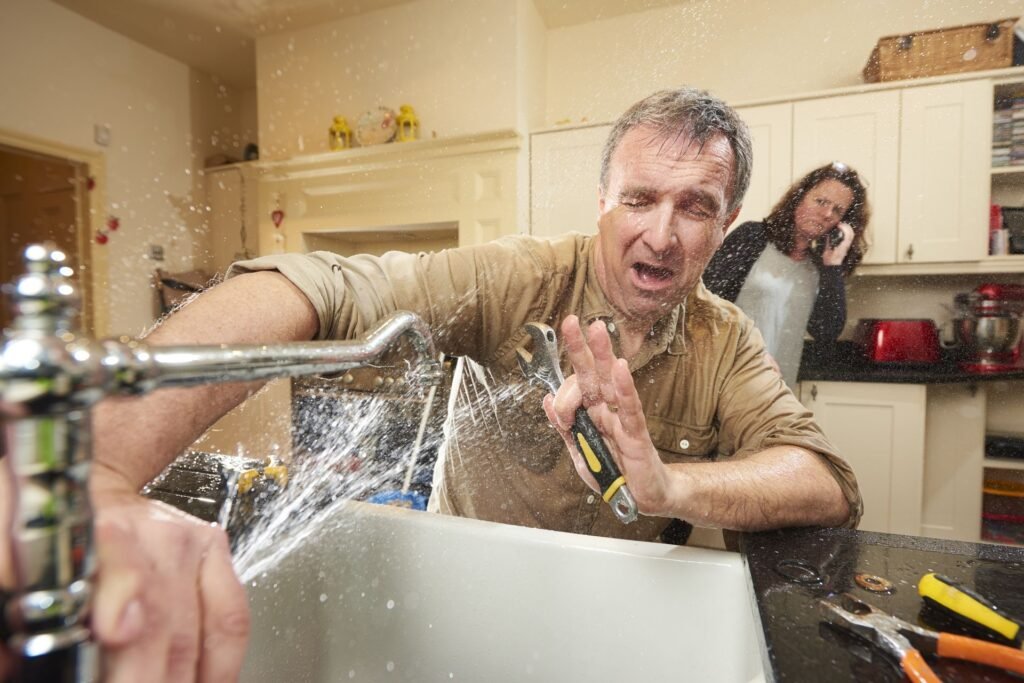A blocked toilet is not only inconvenient but also an unpleasant task to deal with. Understanding the common causes of blockages can help you prevent them and keep your household running smoothly. Here are the top seven reasons your toilet might become clogged, along with tips on how to avoid these issues.
1. First-Generation Low-Flow Toilets
Older low-flow toilets, particularly those from the 1990s, often lack the flushing power needed to clear waste effectively. This can lead to frequent clogs.
What to do?:
- Check the date stamped on your toilet. If it’s from the early days of low-flow models, consider upgrading to a modern toilet with improved technology;
- Minimize blockages by using less toilet paper and avoiding flushing non-flushable items.
2. Flushing Non-Flushable Items
Your toilet is designed for specific materials like toilet paper, which breaks down easily. Items like baby wipes, cotton swabs, or paper towels can create blockages.
What to do?:
- Educate your household about what can and cannot be flushed;
- Keep a waste bin in the bathroom for non-flushable items.
3. Excessive Use of Toilet Paper
Using too much toilet paper is a common cause of clogs, especially when children or adults overuse it.
What to do?:
- Use smaller amounts of toilet paper and flush frequently during use to avoid buildup.
4. Clogged Toilet Trap
The toilet trap is a curved section of the toilet that retains water to prevent sewer gases from entering your home. It can easily become blocked by items like wipes or excessive tissue.
What to do?:
- Use a plunger or a toilet auger to clear minor clogs in the trap.
5. Blocked Plumbing Vent
Plumbing vents allow air to flow into the system, ensuring smooth drainage. Over time, vents can become blocked by debris, such as leaves or nests.
What to do?:
- If you suspect a blocked vent, call a professional plumber. Clearing a vent requires specialized tools and expertise.
6. Issues with the Main Sewer Line
Clogs in your main sewer line can cause multiple toilets and sinks to back up. These blockages may result from waste buildup, non-flushable items, or even tree roots infiltrating the pipes.
What to do?:
- If multiple fixtures are affected, contact a plumber immediately. Sewer line problems require professional intervention to avoid further damage.
7. Inadequate Water Flow
Low water pressure can prevent your toilet from flushing effectively. This often leads to waste not being fully cleared from the system.
What to do?:
- If you suspect water flow issues, consult a plumber. The problem may stem from your home’s piping or water supply system.
Avoiding Blocked Toilets: Final Tips
Keeping your toilet in good working order involves regular maintenance and mindful usage. Here are some quick tips:
- Avoid flushing non-flushable items;
- Use toilet paper sparingly;
- Address any slow drainage or weak flush issues promptly;
- Schedule regular plumbing inspections to catch potential problems early.
If you’re struggling with persistent toilet blockages or suspect a more serious issue, HJZ Plumbing can help. Based in Hull, we offer professional plumbing services to resolve any problem quickly and efficiently.
Call us at 01482 236483 for expert advice, prompt service, and peace of mind. Don’t let a blocked toilet disrupt your home – let us help!


